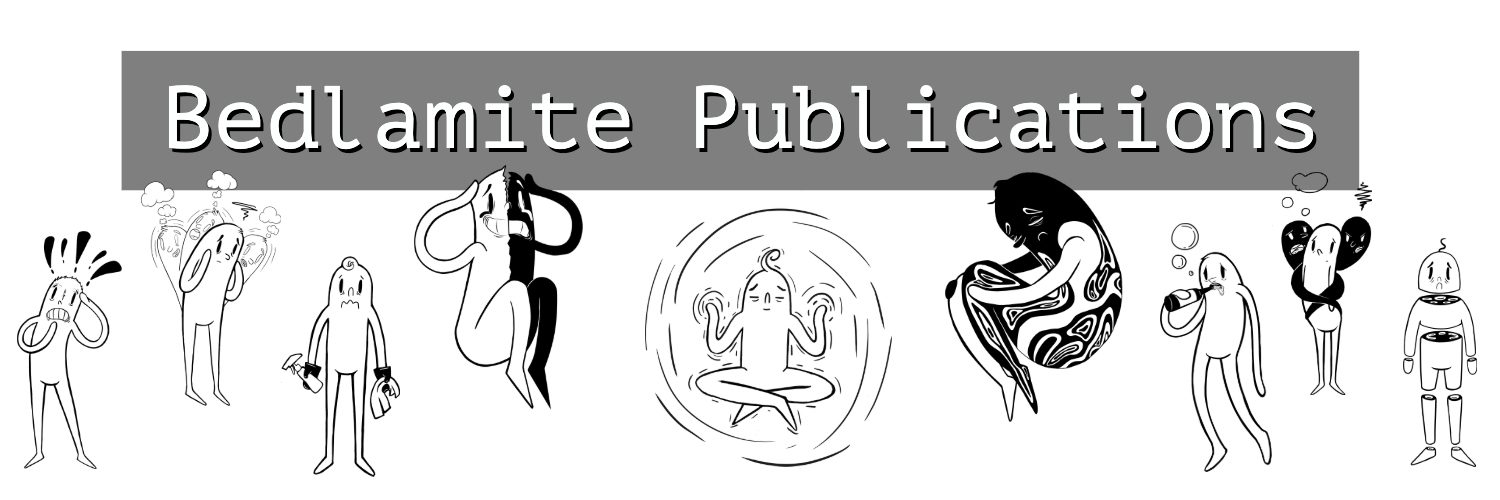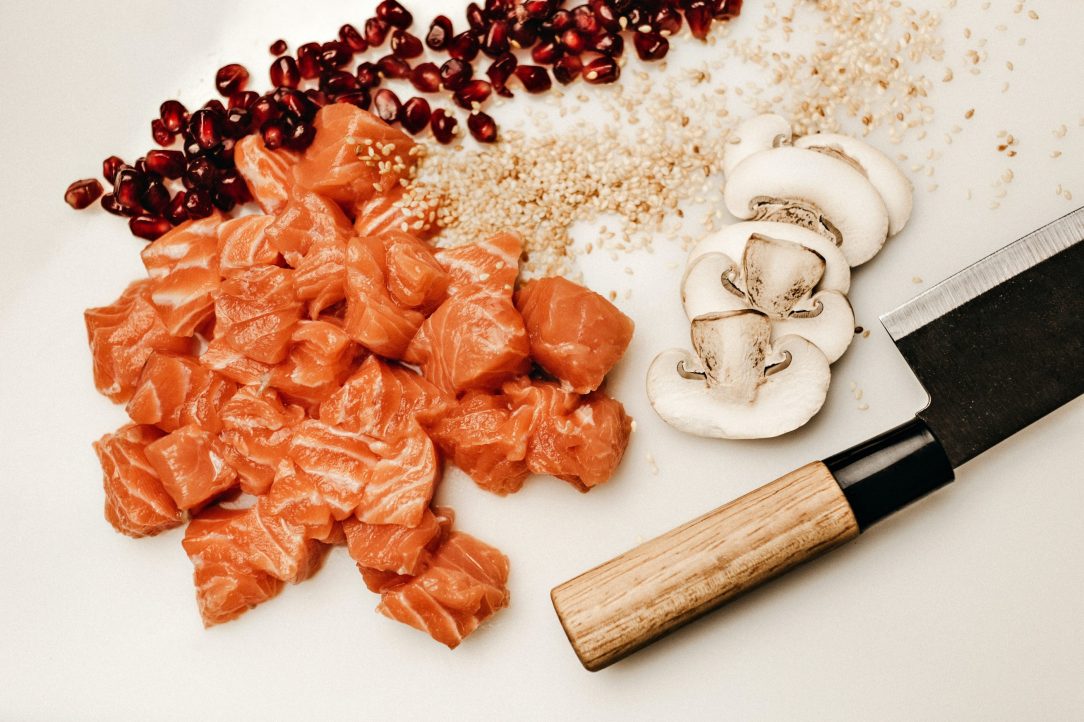While schizophrenia is a lifelong condition, there are a number of ways to help curb symptoms. Most often, people find a treatment route that involves medications and psychotherapies. However, some have turned to more natural approaches, such as diet and exercise. With that, the question arises: what are the best diets for schizophrenia?
Throughout this article, we’re going to explore good and bad foods for schizophrenia. We’ll also look into other natural lifestyle changes you can take in order to help with symptoms. At the end, we invite you to ask further questions.
Why is Diet Important for Schizophrenia?
Within the last few decades, an abundance of research has come out concerning how our diets affect our mental health. Research shows our brains are directly linked to our gut through what’s known as the gut-brain connection. ¹
Our gastrointestinal tract is extremely sensitive to emotions and, vice versa, our emotions correspond with what we take into our bodies. In fact, this connection explains why you may have “gut-wrenching experiences” or “butterflies” in your stomach.
Since a problematic intestine can signal to your brain that something is wrong, scientists have theorized intestinal distress may cause certain mental health conditions, like anxiety and depression.
It’s not yet clear how the gut-brain connection relates to schizophrenia. However, scientists believe symptoms are effected by what we take into our bodies.
Best Diets for Schizophrenia
While the following foods are useful in managing schizophrenia symptoms, they can aid in preventing other health conditions, such as cardiovascular disease and diabetes:
1.) Fruits and Vegetables
Research suggests that people with schizophrenia don’t eat enough fruits and vegetables.
In one study, 1,286 adults (aged 18 to 64) were given a standardized questionnaire concerning their dietary intake along with a blood sample. The study found that 74% ate less than the recommended daily serving for fruits and vegetables and, in turn, were more at risk of psychosis. ²
In a 2005 review, similar results were found among studies concerning schizophrenia diet. More particularly, it discovered that schizophrenia patients often lack fiber intake. ³
Fruits and vegetables containing high sources of fiber include:
- Apples
- Artichoke
- Bananas
- Beets
- Broccoli
- Carrots
- Mangos
- Oranges
- Pears
- Raspberries
Furthermore, veggies that are high in potassium can also help to keep blood sugar in line. With that, you may also want to incorporate lima beans, kidney beans, and sweet potatoes into your diet. ⁴
2.) Spinach
Spinach has become an important vegetable for schizophrenia. This hardy leaf contains high amounts of folate which have been found to help ease symptoms.
In fact, one study found that the Chinese famine from 1959 to 1961 doubled the rate of schizophrenia among children born to women who were pregnant during this period. Some researchers believe a lack of folate can cause schizophrenia. ⁵
Alongside spinach, it can help to also incorporate black-eyed peas, asparagus, and beef liver.
3.) Foods with Omega-3 Fatty Acids
Recent research suggests that omega-3 fatty acids can help prevent and reduce symptoms of schizophrenia along with decelerating the disease’s progression. ⁶
Unfortunately, our bodies can’t create omega-3s as they can other fatty acids. Instead, we need to incorporate the following into our diets:
- Anchovies
- Caviar
- Chia seeds
- Cod liver oil
- Flax seeds
- Herring
- Mackerel
- Salmon
- Sardines
- Walnuts
If you aren’t a fan of fish, you can always obtain omega-3s through fish oil supplements. In fact, research suggests that taking the right supplements and vitamins for schizophrenia is just as essential as diet. ⁷

4.) Oysters and Crab
New studies have found that prenatal zinc deficiency may be relevant in schizophrenia patients – whether through maternal zinc insufficiency or fetal gene variants. ⁸
Without zinc, our brains can develop impaired cells which can lead to a number of health consequences. ⁹ One of which is schizophrenia. In fact, one study found that zinc levels were significantly lower in schizophrenia patients when compared to a controlled group. ¹⁰
By incorporating oysters, crab, and lobster into your diet, you can help increase your zinc intake. You may also want to include beef and fortified cereals. If your zinc levels are extremely low, you can also take a supplement.
5.) Clams
Just like folate, vitamin B12 has also been found to improve core symptoms of schizophrenia. In fact, B12 works best at reducing symptoms when taken alongside folate and Vitamin B6.
According to one study, these vitamins play an essential role in the one-carbon metabolism cycle. While more research is necessary, many scientists believe this system is involved in schizophrenia pathogenesis. ¹¹
In order to boost levels of B12, clams are a large source along with liver, trout, and some breads. However, if you’d prefer, you can also take a B12 supplement.
6.) Chicken Marinara
Recent research shows that vitamin niacin may help to slow the advancement of schizophrenia as well as ease symptoms. In fact, niacin deficiency is responsible for a number of psychiatric conditions. Therefore, it’s important for everyone to regularly consume foods rich in the vitamin. ¹²
Two of the most common foods people turn to are chicken and marinara. However, you can also take a niacin supplement if doctors find you have sufficient deficiencies.
7.) Non-dairy Yogurt
The last food we’re recommending is non-dairy yogurt and this circles us back to the importance of the gut-brain connection. Yogurt can act as a prebiotic and help your gut microbiome improve. While research remains limited, some suggest unhealthy gut bacteria may be linked to schizophrenia. ¹³
Other probiotics, such as kimchi and sauerkraut, may also help. However, it’s important to avoid dairy products as these may contain casein antibodies. Recent research suggests that these antibodies may be responsible for the onset of schizophrenia. ¹⁴

Food to Avoid with Schizophrenia
Beyond foods you should intake, there are also foods you should avoid when you have schizophrenia. These include, but aren’t limited to:
1.) Bread
Researchers have recently discovered that gluten may be responsible for certain mental illnesses. ¹⁵ When it comes to schizophrenia, one study found those with gluten sensitivity or celiac disease were at a slightly higher risk. ¹⁶
Gluten is commonly found in wheat and other grains. While more evidence is required, some may benefit from going on a gluten-free (keto) diet.
2.) Refined Sugar
Most people with schizophrenia are at a higher chance of developing diabetes because they’re bad eaters. Many researchers suggest that a diet with a low glycemic load – a measure for blood sugar levels – may be able to help ease symptoms and prevent the condition’s progression. ¹⁷
Cutting out sweets (such as soda, candy, and cake) can greatly help to improve blood sugar levels. However, it’s also beneficial to incorporate the positive foods on our list.
Final Word
Schizophrenia may be a lifelong condition, but it can be managed by what we take into our bodies. Our mental health is highly determined by what’s going on in our gut. With that, it’s key to ensure we have a diet that’s rich in vitamins and nutrients.
Beyond diet, it’s also important to incorporate positive lifestyle changes, such as exercise, therapy, and social activity.
Your Questions
Still have questions about the best diets for schizophrenia?
We invite you to ask them in the comments below. If you have any further knowledge to share – whether personal or professional – we’d also love to hear from you.
Reference Sources
¹ Harvard Health Publishing (Harvard Medical School): The gut-brain connection
² The Australian and New Zealand Journal of Psychiatry: Inadequate fruit and vegetable intake in people with psychosis
³ Psychiatry (MMC): Dietary Intake of Patients with Schizophrenia
⁴ National Institutes of Health: Potassium Channel Linked to Schizophrenia
⁵ The Mental Health Research Association: Folate As A Cause And Treatment For Schizophrenia
⁶ National Library of Medicine (PubMed): Omega-3 fatty acids and schizophrenia
⁷ HHS Public Access: Vitamin Supplementation in the Treatment of Schizophrenia
⁸ frontiers in Pharmacology: The Emerging Role for Zinc in Depression and Psychosis
⁹ Biological psychiatry: Zinc, the brain and behavior
¹⁰ General hospital psychiatry: Zinc in schizophrenia
¹¹ Journal of Orthomolecular Medicine: Vitamin B12, Vitamin B6, Folic Acid and Psychosis
¹² Europe review for medical and pharmacological sciences: Niacin-respondent subset of schizophrenia
¹³ Avicenna Journal of Medical Biotechnology: Microbiome and Schizophrenia
¹⁴ Schizophrenia research: Association between bovine casein antibody and new onset schizophrenia among US military personnel
¹⁵ nutrients (MDPI): Mood Disorders and Gluten: It’s Not All in Your Mind!
¹⁶ American Society for Nutrition: Use of a Gluten-Free Diet in Schizophrenia
¹⁷ The British journal of psychiatry: International variations in the outcome of schizophrenia and the prevalence of depression in relation to national dietary practices

